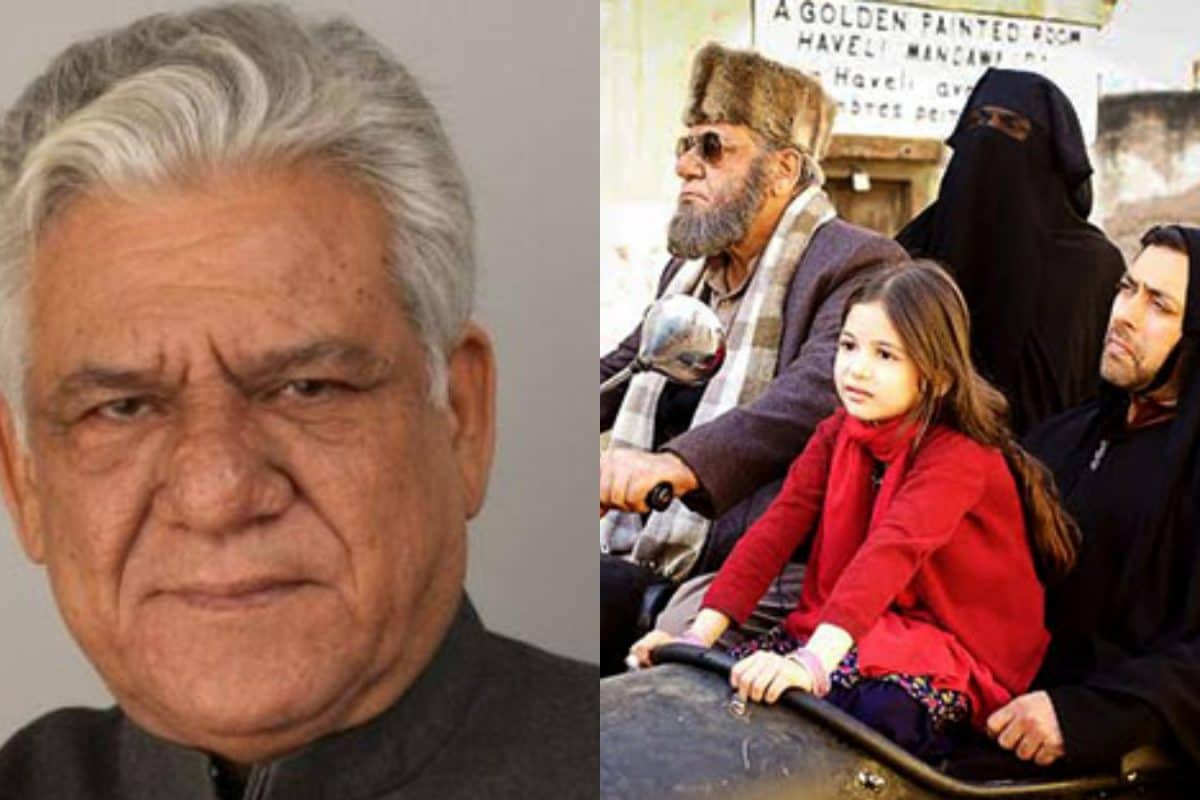

Kabir Khan, the director of the widely acclaimed film Bajrangi Bhaijaan, has recently revealed that the Central Board of Film Certification (CBFC) had asked him to cut a scene where veteran actor Om Puri, playing a Muslim cleric (Maulvi), chants "Jai Shree Ram". This revelation has sparked discussions about censorship, religious tolerance, and the evolving socio-political landscape in India.
Bajrangi Bhaijaan, released in 2015, is a comedy-drama film that tells the story of Pawan Kumar Chaturvedi (Salman Khan), a devoted Hindu and a Hanuman devotee, who embarks on a journey to reunite a mute Pakistani Muslim girl, Shahida (Harshaali Malhotra), with her family across the border. The film was lauded for its heartwarming narrative, strong performances, and its message of unity and religious harmony.
Khan has mentioned in interviews that he partly wrote Bajrangi Bhaijaan in response to the rise of religious sectarianism in India since the 1980s. He specifically mentioned the Bajrang Dal, a Hindu fundamentalist organization, and how they have used "Bajrangi" for violent, sectarian motives. According to Khan, he started writing the film in 2013 as a way of reclaiming "Bajrangi" for all communities and to promote unity between Hindus and Muslims.
The scene in question involved Om Puri's character, a Maulvi, chanting "Jai Shree Ram." While the exact context of the scene and the Maulvi's motivation for chanting the phrase remain unclear from available information, the CBFC's request for its removal suggests a concern about potential backlash or misinterpretation. "Jai Shree Ram" is a Hindu chant that has become increasingly associated with Hindu nationalism and, at times, has been used as a war cry or slogan in politically charged situations.
Khan has previously spoken about the phrase "Jai Shree Ram," noting that when he was growing up, it was a benevolent expression rooted in Indian culture. However, he expressed concern about the phrase becoming aggressive and the increasing intolerance in society.
The film, however, did make use of the phrase "Jai Shree Ram". According to a Deccan Chronicle article, the film's climax, which resonates with cries of "Jai Shree Ram", was not included to pander, but to make a simple point, suggesting there is no competition. The article further adds that it is a moment to savor.
The CBFC's role is to certify films for public exhibition, and it often suggests or mandates cuts to content it deems offensive, controversial, or violating established guidelines. The decision to remove the "Jai Shree Ram" chant from Om Puri's character could be interpreted as an attempt to avoid potential controversy or maintain religious neutrality.
The incident raises questions about creative freedom and censorship in the Indian film industry. Filmmakers often face pressure from various groups, including religious organizations and political entities, to alter or remove content that could be perceived as offensive or misrepresentative. This can lead to self-censorship and a reluctance to tackle sensitive or controversial subjects.
Despite the CBFC's request, Bajrangi Bhaijaan was a commercial and critical success, earning a National Film Award for Best Popular Film Providing Wholesome Entertainment. It grossed ₹918.18 crore worldwide. The film's positive message of cross-border unity and religious harmony resonated with audiences, proving that stories promoting tolerance and understanding can find widespread acceptance.